Introduction
Do Pigeons Need Grit: Pigeons, often dismissed as common city birds, possess a fascinating array of behaviors and adaptations that make them resilient and versatile creatures. Among the many factors influencing their well-being, the role of grit in a pigeon’s diet stands out as a curious aspect. Grit, in the avian context, refers to small, indigestible particles such as gravel or sand that birds consume to aid in the mechanical breakdown of food in their gizzards. While pigeons are known for their ability to thrive in urban environments, questions linger about the necessity of grit in their diet when compared to their wild counterparts.
Understanding the significance of grit for pigeons involves delving into the intricacies of their digestive system and foraging habits. Pigeons exhibit a diverse diet, consuming a variety of grains, seeds, and occasionally, small invertebrates. The urban landscape offers both opportunities and challenges for pigeons, leading researchers to explore whether the grit found naturally in their environment fulfills their digestive needs. By examining the relationship between pigeons and grit, we gain insight not only into the dietary requirements of these unassuming birds but also into the ways they adapt to human-altered environments.
As we unravel the mysteries surrounding pigeons and grit, we embark on a journey that transcends the ordinary perception of these birds. Beyond their cooing presence in city squares, pigeons reveal a complex interplay of biology and behavior, showcasing their ability to navigate the urban jungle while maintaining essential aspects of their natural instincts. Join me as we explore the nuanced world of pigeons eat and investigate the role of grit in their daily lives, uncovering the subtle intricacies that shape their existence in both wild and urban landscapes.
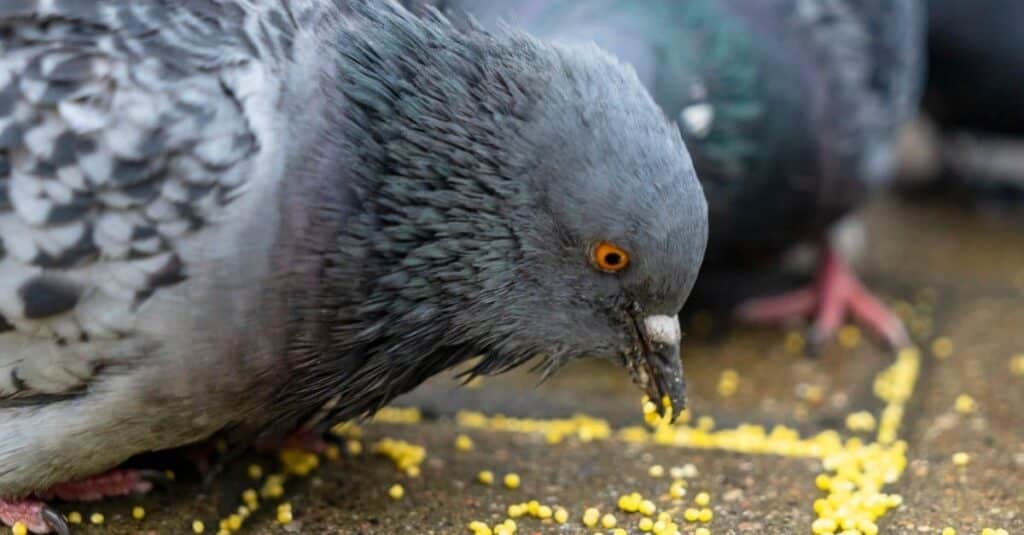
Do pigeons need grit everyday?
It was once believed that grit was necessary for the mechanical breakdown of food in the gizzard to aid in digestion. Unlike parrots that remove the outside seed hull before they eat the seed kernel, pigeons and doves ingest seeds whole and seem to do fine without grit.
The need for grit in a pigeon’s diet is not necessarily a daily requirement. Grit, which typically consists of small, indigestible particles like gravel or sand, plays a crucial role in aiding the mechanical breakdown of food in the gizzard—a muscular part of the digestive system. Pigeons are known for their diverse diet, including grains, seeds, and occasionally small invertebrates. In the wild, pigeons might naturally ingest grit as they forage, and this can fulfill their digestive needs.
In captivity or urban environments, where pigeons may have access to a variety of foods, the need for supplemental grit may be reduced. Pigeons are remarkably adaptable birds, and their digestive systems are efficient at processing a range of foods. While providing grit can be beneficial, it may not be required daily if the pigeon’s diet already includes small, hard particles. As with any aspect of animal care, the specific needs of individual pigeons can vary, and it’s always advisable to observe their behavior and consult with avian experts or veterinarians for optimal care.
What does pigeon grit do for pigeons?
Our pigeon grit gives pigeons the nutrients they need, such as minerals and trace elements. This strengthens the development of muscles and bones. Our pigeon grit provides pigeons with everything they need for good, healthy growth and top performance.
Pigeon grit serves a crucial role in the digestive process of pigeons and other birds. The term “grit” refers to small, indigestible particles such as gravel or sand that birds consume. Here are the key functions of grit in pigeons:
Mechanical Digestion: Pigeons do not have teeth to chew their food. Instead, they possess a muscular part of their stomach called the gizzard, which contracts and grinds food with the help of ingested grit. The abrasive nature of grit aids in the mechanical breakdown of hard seeds and grains, facilitating better digestion.
Aids in Nutrient Absorption: The grinding action of grit not only helps break down the outer shells of seeds but also exposes the inner, nutrient-rich parts. This makes it easier for the digestive enzymes in the pigeon’s system to access and absorb the essential nutrients from the food.
Maintains Healthy Gizzard Function: Grit is essential for the overall health of the gizzard. Regular consumption of grit helps prevent the accumulation of indigestible material, ensuring that the gizzard can effectively perform its function in the digestive process.
While pigeons in the wild may naturally find grit as they forage, providing supplemental grit can be important for captive pigeons, especially if their diet lacks naturally occurring grit. However, in urban environments, pigeons may inadvertently consume small, gritty particles from the environment as they pick at food on the ground. It’s crucial to strike a balance and, when needed, offer appropriate grit to support the health and digestion of captive pigeons.
What is the best grit for pigeons?
Pigeons need both oyster shell and red grit. Each offered daily, in a separate dishes. Should either become soiled or wet, remove immediately and replace. The grit grinds the seed because pigeons eat seed whole.
The best grit for pigeons is typically a mix of insoluble and soluble grit. Grit should be clean, free from contaminants, and specifically designed for avian consumption. Here are the two main types of grit that are beneficial for pigeons:
Insoluble Grit: This type of grit consists of hard, insoluble particles such as crushed granite, flint, or small pebbles. Insoluble grit serves the primary purpose of aiding in the mechanical breakdown of food in the gizzard. It helps grind down seeds and grains, facilitating digestion.
Soluble Grit: Soluble grit is composed of materials that can dissolve in the pigeon’s digestive acids. Common components include crushed oyster shell or limestone. Soluble grit provides a source of calcium, which is essential for bone health and eggshell formation in breeding pigeons.
When choosing grit for pigeons, ensure that it is specifically formulated for avian use and does not contain additives or contaminants. Commercial pigeon grit is readily available at pet supply stores and is designed to meet the nutritional needs of pigeons. It’s important to offer grit in a separate container rather than mixing it with their food, allowing pigeons to consume it as needed.
Do pigeons need salt?
“Pigeons do need salt in their diets, but not in large doses, and generally acquire this through their normal diet of plant and animal food sources,” Dr. Sheppard said in an e-mail message. Some experts contacted through the New York Bird Club said that pigeons would often peck at anything that might be food.
Pigeons, like many other animals, do have a need for some level of salt in their diet. Sodium is an essential electrolyte that plays a crucial role in various physiological functions, including nerve transmission, muscle function, and maintaining fluid balance. While pigeons can obtain some salt from their natural diet, it may be beneficial to provide supplemental salt, especially in captive or urban environments where their diet may lack certain essential elements.
However, it’s important to provide salt in moderation. Excessive salt intake can be harmful to pigeons and may lead to health issues. Too much salt in a bird’s diet can result in dehydration, kidney problems, and other health complications.
If you’re considering supplementing your pigeon’s diet with salt, it’s advisable to use a product specifically formulated for birds. Commercial evian mineral supplements often include the necessary trace minerals and salts in appropriate quantities. Observe your pigeons for signs of health issues, and consult with a veterinarian if you have concerns about their diet or if you notice any unusual behavior or symptoms. As with any aspect of animal care, moderation and balance are key when providing dietary supplements.
How to make grits for pigeons?
One pen was supplied with the basic or complete grit mixture containing the ingredients usually found in pigeon grits, that is, oyster shell, charcoal, salt, granite grit, bone meal, limestone flour, powdered gentian, Venetian red, anise seed and sulfur.
Making grit for pigeons at home involves providing a mix of insoluble and soluble grit, which includes both hard, indigestible particles and substances like crushed shells that contribute to calcium intake. Here’s a simple recipe for making homemade grit for pigeons:
Ingredients:
Insoluble Grit:
- Crushed granite, flint, or small pebbles (available at garden supply stores)
Soluble Grit:
- Crushed oyster shell or crushed eggshells (cleaned and dried)
Instructions:
Prepare the Insoluble Grit:
- Wash and clean the insoluble grit thoroughly to remove any dust or impurities.
- You can use a mixture of crushed granite, flint, or small pebbles. These materials should be free from contaminants.
Prepare the Soluble Grit:
- Collect eggshells from chicken eggs or obtain crushed oyster shell from a reputable source.
- To prepare eggshells, boil the eggshells for a few minutes to sterilize them. Once boiled, let them dry completely.
- Crush the eggshells or oyster shell into small, granular pieces. You can use a mortar and pestle or a food processor for this.
Mix the Grit:
- Combine the insoluble and soluble grit in the desired ratio. A typical mix might include about 90% insoluble grit and 10% soluble grit.
Store and Offer to Pigeons:
- Store the homemade grit in a clean, dry container.
- Offer the grit to pigeons in a separate dish or container, allowing them to consume it as needed.
Do you mix grit in with pigeon food?
I would not mix the feed and the grit. The grit needs to be given in a separate dish and replenished every day or at least every other day. The birds need food every day
It’s generally advisable to offer grit separately from pigeon food rather than mixing it in. Pigeons, like many birds, have a unique digestive system that relies on grit to aid in the mechanical breakdown of food in the gizzard. When grit is mixed with their food, pigeons may not consume it in the amounts needed for effective digestion.
Here are a few reasons why it’s better to offer grit separately:
Controlled Consumption: By providing grit in a separate container, you allow pigeons to regulate their intake based on their individual needs. Pigeons instinctively know when they require grit and can consume it as necessary.
Prevents Waste: Mixing grit with food might lead to wastage, as pigeons may pick and choose certain grains while avoiding the grit. By offering grit separately, you minimize the potential for waste.
Observation of Consumption: Offering grit separately allows you to monitor the pigeons’ consumption. If you notice a change in their grit-eating behavior, it may indicate a potential health issue that requires attention.
What is bird grit made of?
Oyster Shells Finely Crushed Soluble Grit For All Pet Birds …
Insoluble grit passes through the bird to the gizzard and is used to help grind and break down seeds that have hulls or food that has passed into the digestive tract in larger pieces. Soluble grit is organic and includes cuttle bone and oyster shells. Soluble grit is mostly gypsum or limestone (calcium carbonate).
Bird grit is typically composed of a mixture of insoluble and soluble components. The specific composition may vary based on the intended use, such as whether it is designed for pigeons, canaries, or other bird species. Here are the main components found in bird grit:
Insoluble Grit:
- Crushed Granite: Small particles of granite or similar hard rocks provide the abrasiveness needed for the mechanical breakdown of food in the bird’s gizzard.
- Small Pebbles or Gravel: These help in the grinding process and support the digestive system.
Soluble Grit:
- Crushed Oyster Shell: This serves as a source of calcium, which is essential for bone health and eggshell formation in birds, particularly those that lay eggs.
- Crushed Eggshell: Cleaned and crushed eggshells are another common source of calcium in soluble grit.
Commercially available bird grit is formulated to meet the dietary needs of specific bird species. It often includes a balanced mix of insoluble and soluble components to support the birds’ digestive health. It’s crucial to choose grit that is free from contaminants and additives that could be harmful to birds.
Do pigeons eat chana dal?
At home usually we have wheat , rice and chana which pigeons love to eat. If you don’t have any of the grain then you can make small globules or capsules of ‘Roti’ (which are small enough for pigeons to pick from their beak) and then feed them.
Yes, pigeons can eat chana dal, which is a type of split chickpea commonly used in cooking in South Asian cuisine. Chana dal is a good source of protein and other nutrients, and pigeons, being opportunistic feeders, can consume a variety of grains and legumes.
If you choose to feed chana dal to pigeons, it’s important to offer it in moderation and as part of a balanced diet. Pigeons have a diverse diet that includes seeds, grains, and small invertebrates in the wild. Providing a mix of food items ensures they receive a range of nutrients.
Here are some tips for feeding chana dal to pigeons:
Moderation: Offer chana dal as a treat or supplement rather than a primary food source. A variety of foods helps ensure a balanced diet for pigeons.
Clean and Dry: Ensure that the chana dal is clean and free from contaminants. Wash and dry it thoroughly before offering it to the pigeons.
Variety: Pigeons benefit from a varied diet. Alongside chana dal, you can provide other seeds, grains, and fresh vegetables to offer a range of nutrients.
Observation: Monitor the pigeons for any changes in behavior or health. If you notice any adverse reactions or if the pigeons are not eating the chana dal, it’s best to reevaluate their diet.
Always keep in mind that while pigeons are adaptable birds, providing a diverse and nutritionally balanced diet is essential for their overall well-being. If you have specific concerns or questions about feeding pigeons, consulting with a veterinarian experienced in avian care can provide personalized guidance.
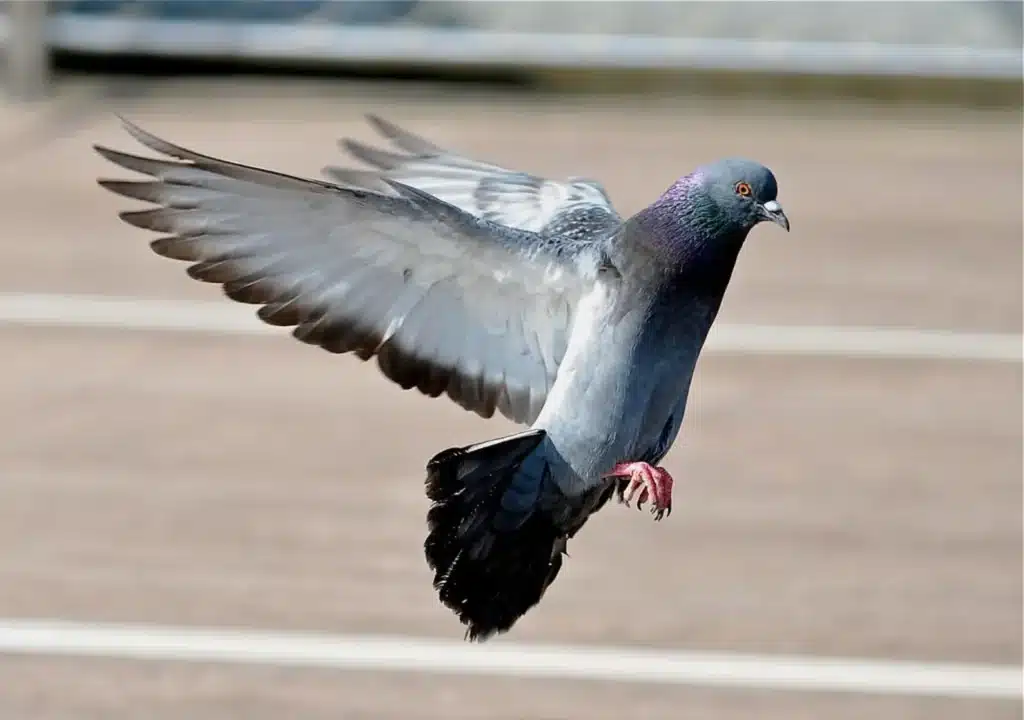
Conclusion
The exploration of whether pigeons truly need grit in their diet has unveiled a captivating narrative that goes beyond the commonplace perception of these birds. Our journey into the intricacies of pigeon biology and behavior has highlighted the adaptability of these avian companions in both wild and urban environments. While the question of whether pigeons absolutely require grit remains open, the evidence suggests that their resourcefulness in foraging within human-altered landscapes may mitigate the necessity for external sources of grit. However, this conclusion prompts further inquiry into the long-term effects of urban living on pigeon health and whether their remarkable ability to adapt comes at a cost to their nutritional well-being.
As we reflect on the dynamic relationship between pigeons grit, it becomes apparent that these seemingly ordinary birds have much to teach us about coexistence in diverse habitats. The study of pigeons transcends the boundaries of urban ecology, offering valuable insights into the delicate balance between wildlife and human-altered environments. Moving forward, it is imperative to continue our scientific exploration to gain a more comprehensive understanding of the dietary needs and ecological dynamics of pigeons. By doing so, we contribute not only to the body of knowledge surrounding these avian inhabitants but also to the broader conversation about fostering sustainable cohabitation between humans and wildlife in our ever-evolving world.

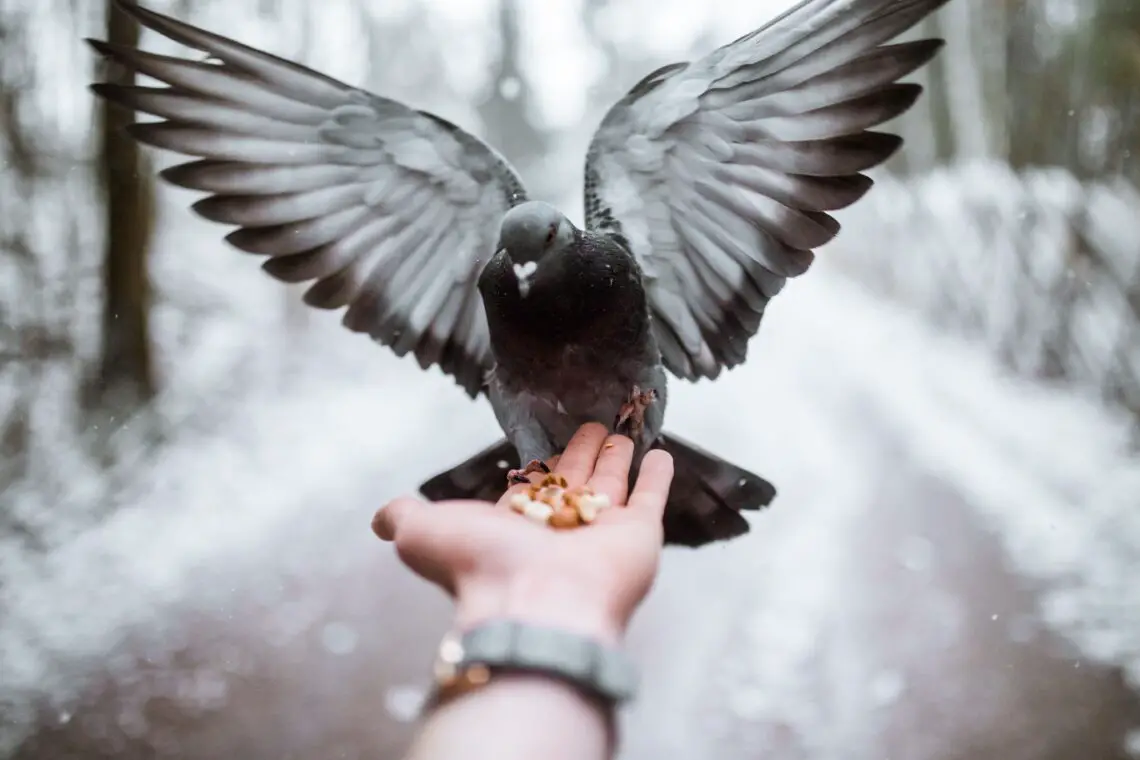
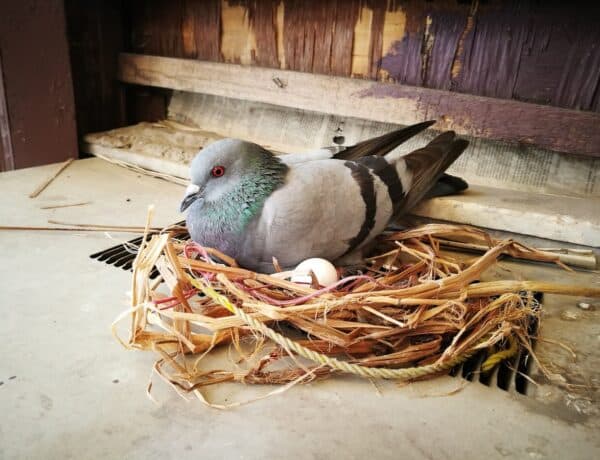
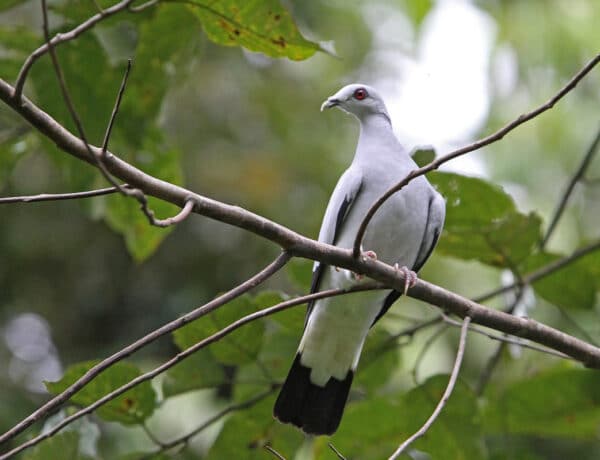
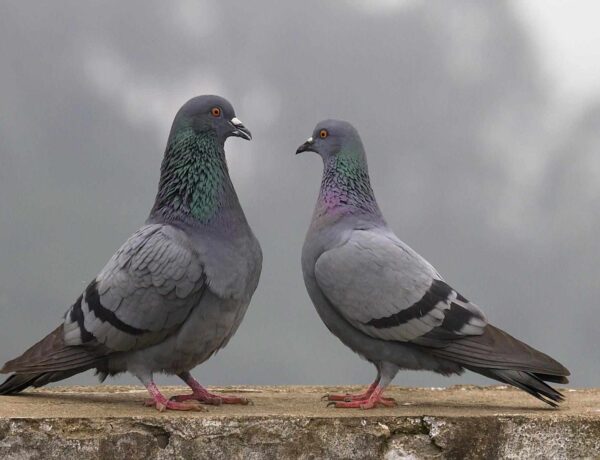
No Comments